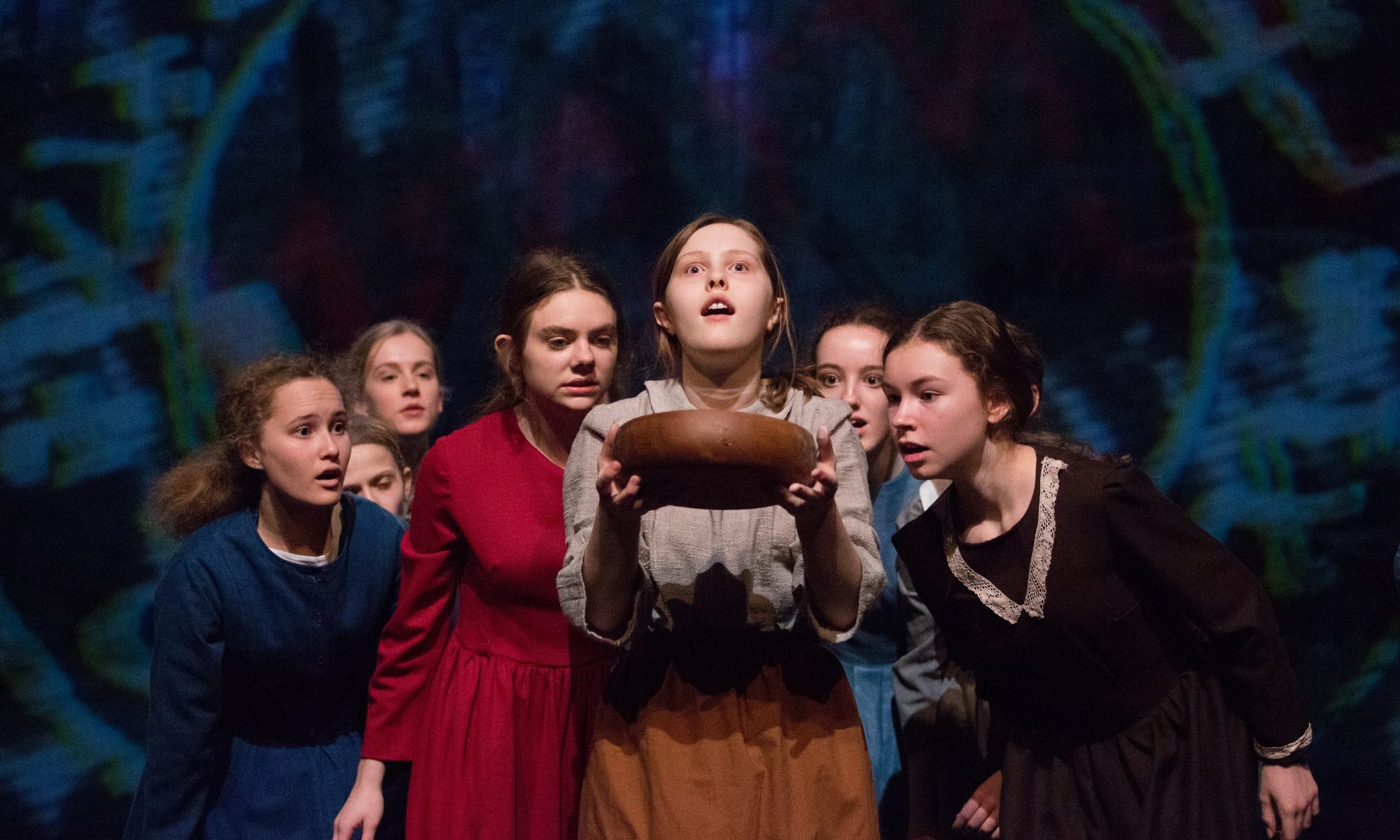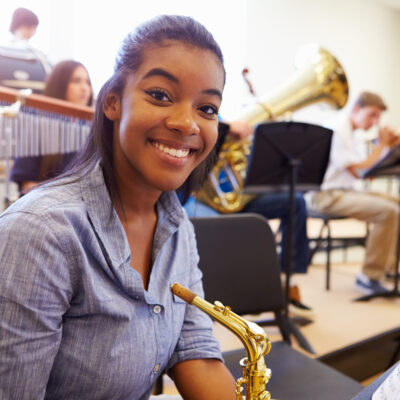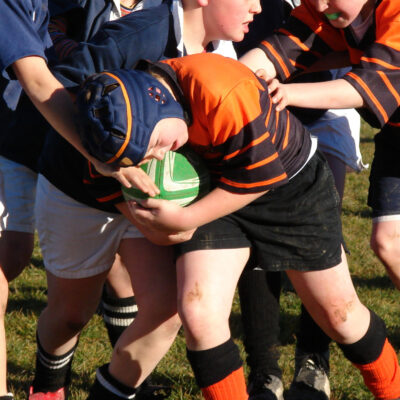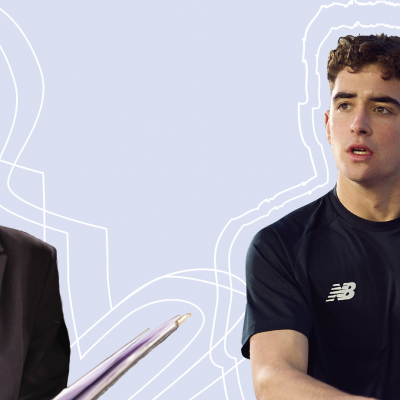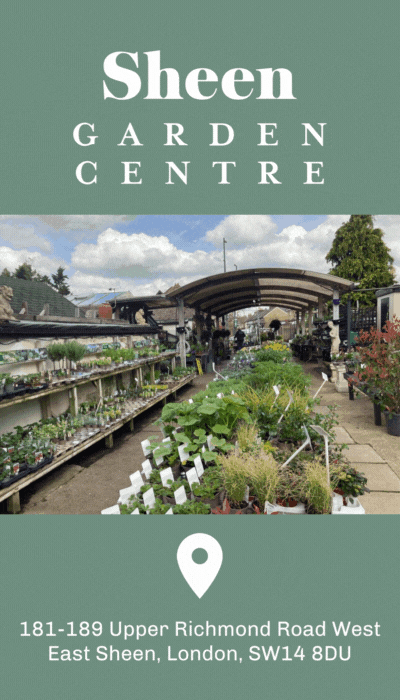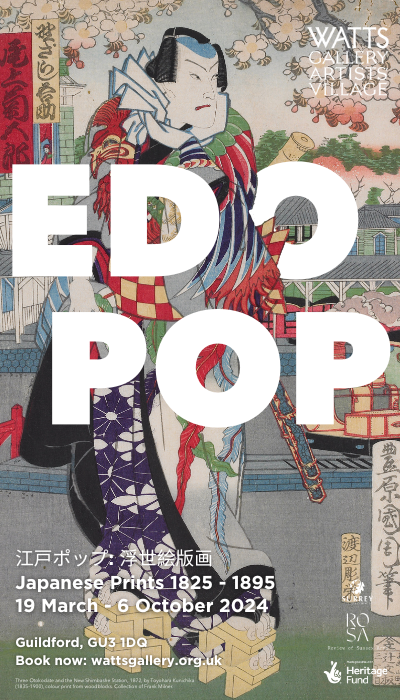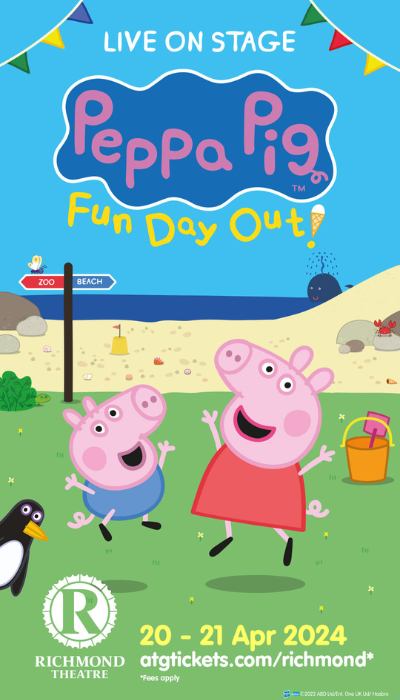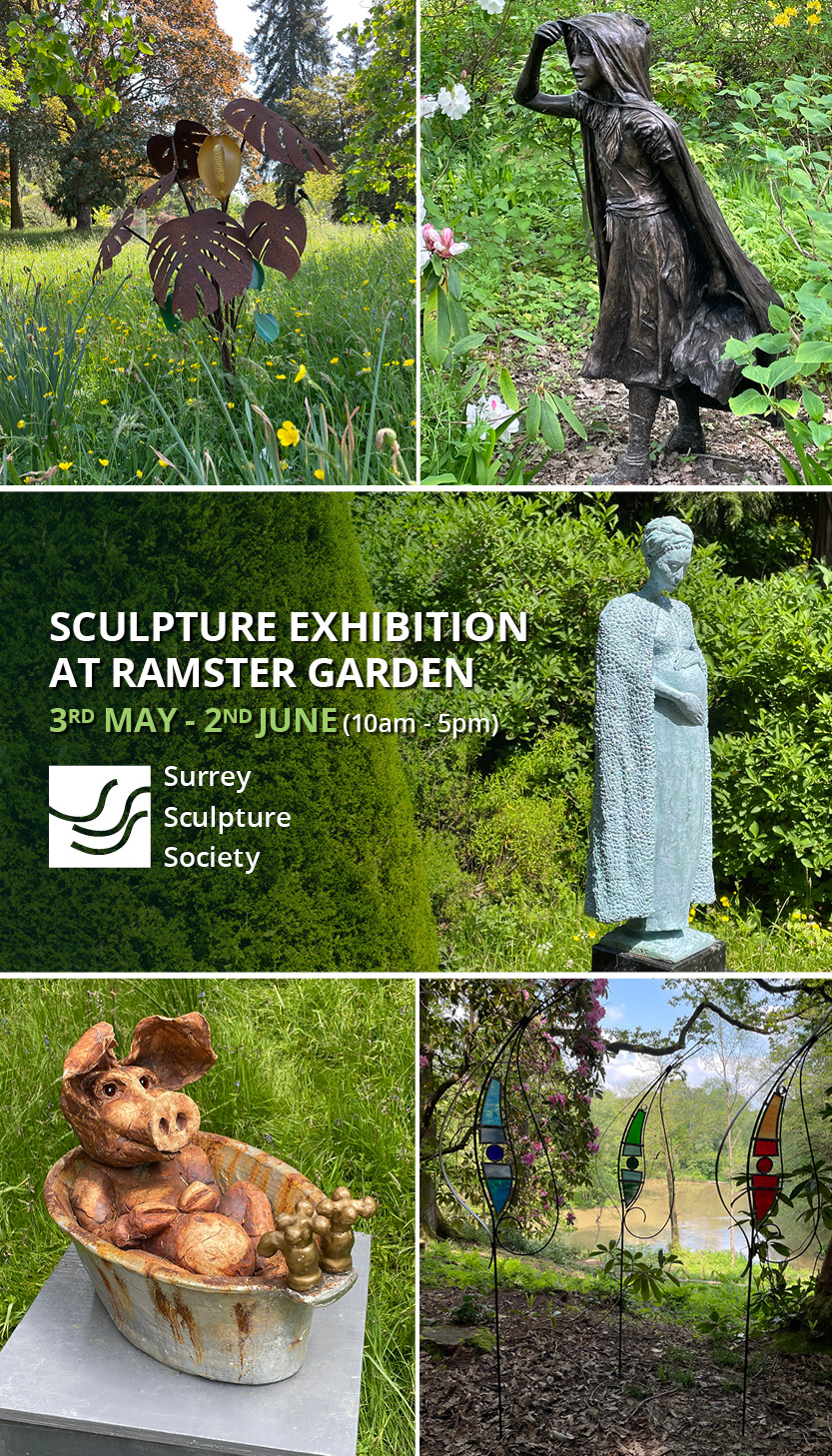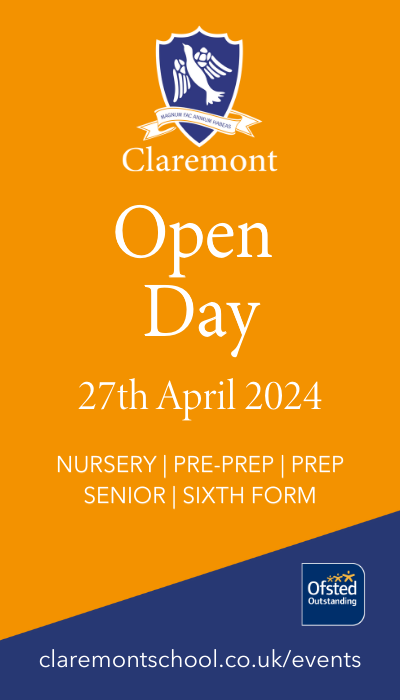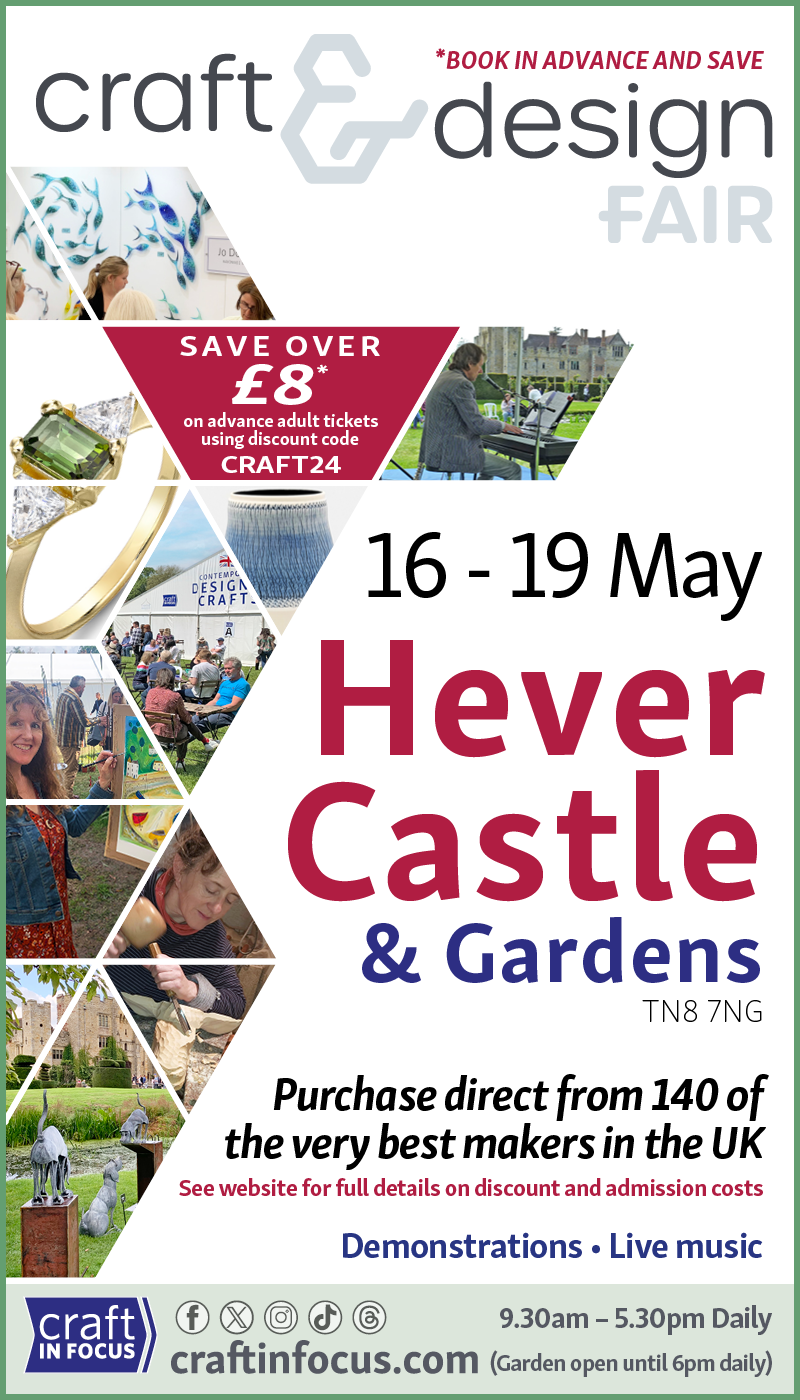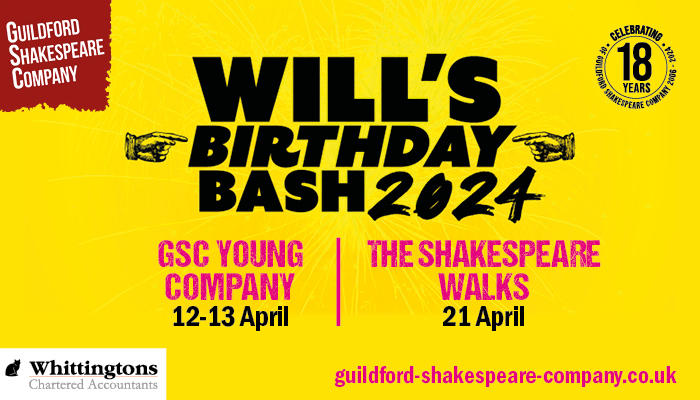Forget teaching to the test, the arts are more important in education than ever, says Hilary Wilce
Have you noticed that many private schools are starting to advertise themselves differently these days? Out have gone pictures of pupils in white coats and lab goggles peering earnestly at flasks of unknown liquids. In have come pictures of happy, larking children splashing paint around in the art room, doing ballet, or dressing up for the school play.
And the message is clear. These are schools that nurture the whole child. They give everyone a chance to shine. They look after their pupils’ health and wellbeing and foster their growth as well-rounded human beings.
Why the change? Because private schools always keep their marketing ear to the ground and know what parents want. Yes, parents still expect great exam results. But increasingly they also want their children to grow into happy, creative, well-adjusted people.
Private schools also know that the pips are being squeezed out of arts education in state schools and understand they can offer something not necessarily available elsewhere.
Hard-strapped state schools are feeling great pressure to concentrate on core subjects, so when they – yet again – have to take a knife to their budgets they see that art, music, dance, design, photography and drama are areas where they can make more cuts.
Yet the arts offer so many benefits to children, it’s impossible to make a full list. To name just a few: They help students express themselves and get to know their thoughts and emotions better. They teach them to look closely at the world around them and respond imaginatively to its beauty and complexity. They train them to communicate well and work creatively together. They foster many important core skills, including motor functions, language development, decision-making, inventiveness, self-discipline and visual learning. They offer ‘safe places’ in school where it’s fine to experiment and try things out, without too much pressure to get it right.
In short, the arts help children to grow and learn in ways that all human beings need.
“The UK has a vibrant and fast-growing creative industry sector worth an estimated £92bn a year”
The more children know themselves and how to manage their emotions, the less likely they are to run into mental health problems. One head of drama at a London private school says that dealing with ‘life, death, joy and grief’ in the drama studio often prompts students to open up to him about what’s going on in their own lives.
And when it comes to adult life, the better young people are at communication, cooperation, empathy, self-discipline and independent thinking, the better they are likely to perform in any job they do, and the better they’ll be able to navigate the shifting and unsettled job market that they will have to make their way in.
Added to which, the UK has a vibrant and fast-growing creative industry sector worth an estimated £92bn a year, which means there are any number of direct opportunities for people to build a career on their creative skills.
So for parents the message is clear: value your child’s artwork as much as their high marks in science and maths. Encourage an interest in doing and making. And support them if they want to sing, dance, drum, act, write, paint or play the double bass.
Meanwhile, let’s pay tribute to all the many people who are desperately trying to keep the flame of arts education alive in British schools. Prince Charles has long been a vocal champion. And the global prize-winning teacher Andria Zafirakou has just announced that she is putting her million dollar winnings into a foundation to get more artists and arts organisations into schools.
TEST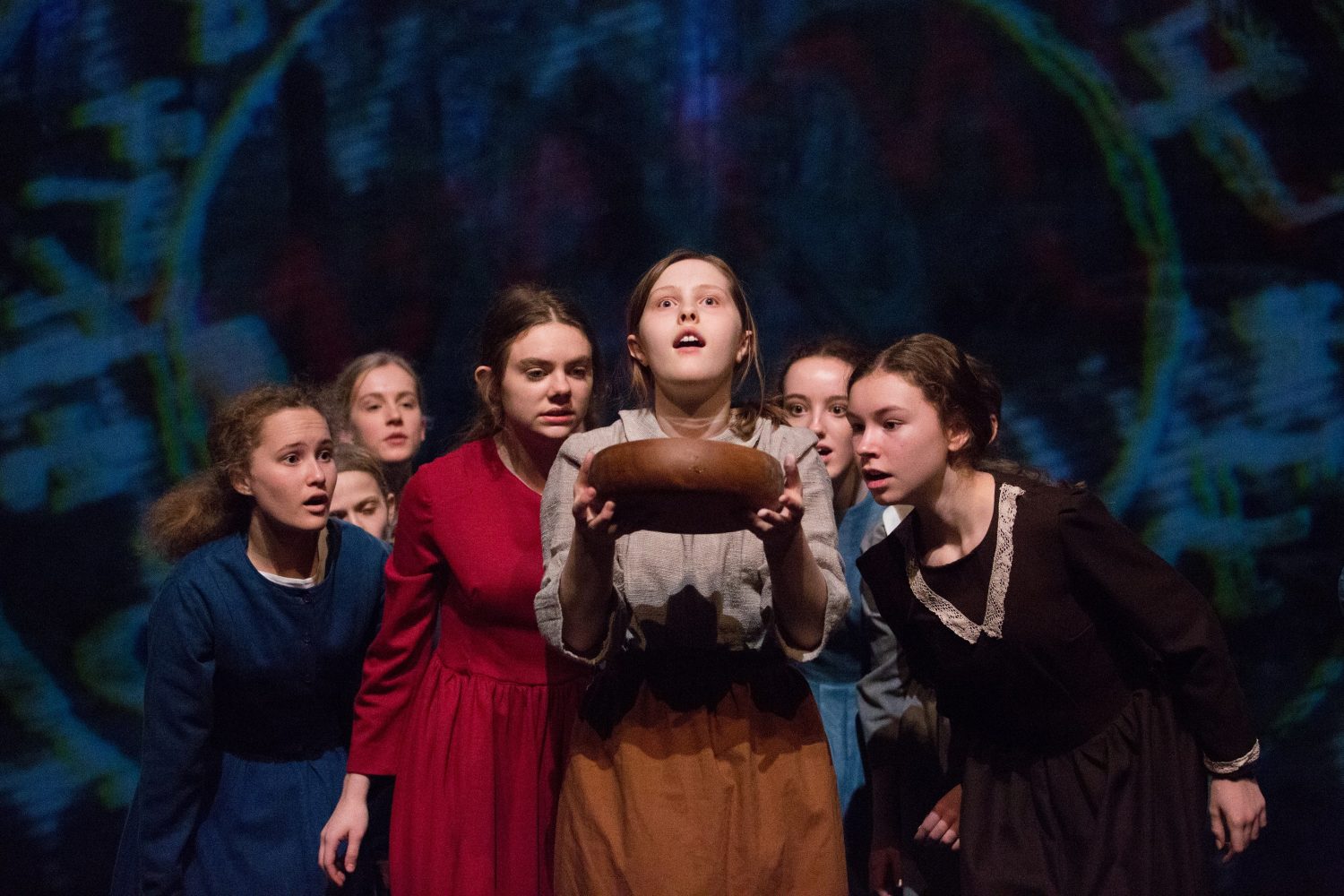
Pupils from St Catherine’s, Guildford in a production of The Crucible
You may also like
Perfect Pitch
Mike Piercy, education consultant and former Head of The New Beacon, sings the praises of music in education What exactly is it that drives parents to make huge sacrifices by sending their children to independent schools? Different families have different...
‘It’s not fair!’
Mike Piercy, education consultant and former Head of The New Beacon, explains the importance of winning and losing with good grace The beefy second row lay prone, groaning, as the pack lumbered away. “Get up, Darling!” I cried. Opposition spectators...
Performance Power
Eastbourne College and Bede’s School discuss opportunities which give their students time to shine Director of Music at Eastbourne College, Dan Jordan, sings the praises of music at the school. It is 6.30pm, the night before a well-needed half-term holiday....
